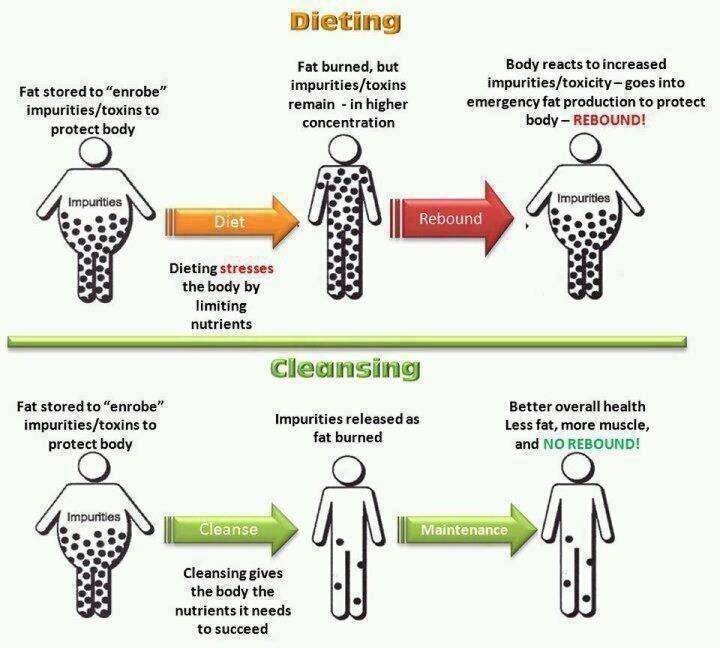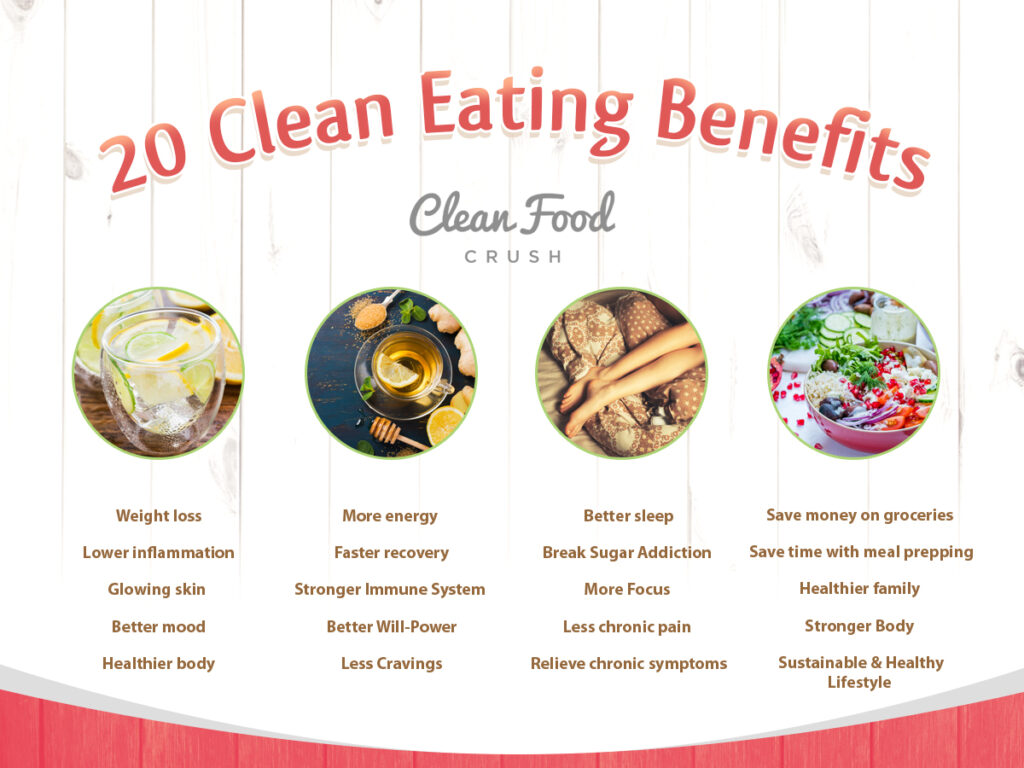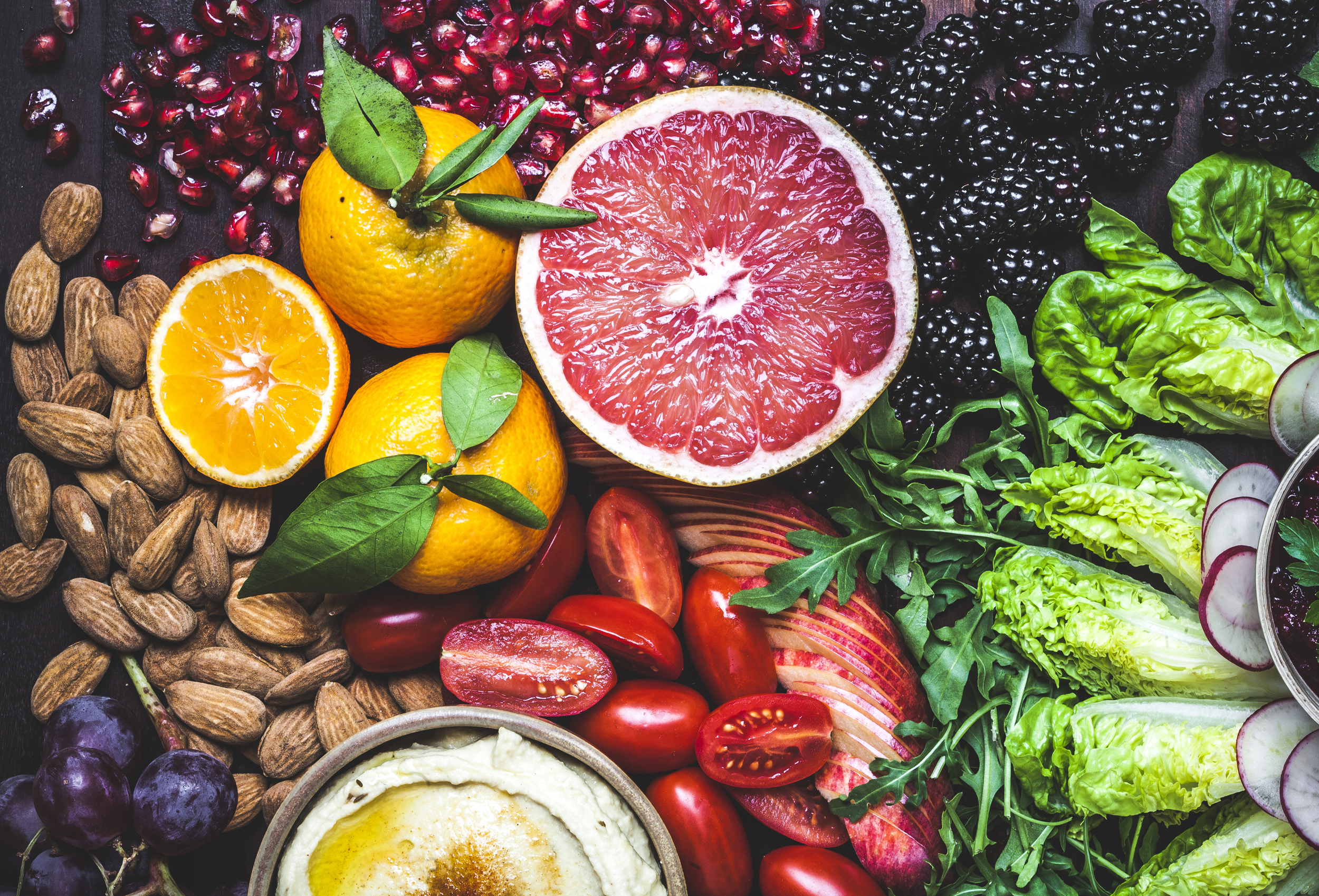Cleansing plays a vital role in maintaining a healthy lifestyle, and in this article, you’ll discover why it’s so essential. You’ll learn about the benefits of regular cleansing, such as improved digestion, increased energy levels, and clearer skin. We’ll also explore different cleansing methods and provide tips on how to incorporate them into your daily routine. By the end of this article, you’ll have a better understanding of why cleansing is an important aspect of a well-rounded wellness routine.
Why Cleansing is Essential for a Healthy Lifestyle
Cleansing has become increasingly popular in recent years as individuals seek ways to improve their overall health and well-being. From juice cleanses to soup cleanses, there are a variety of methods to choose from. But what exactly is cleansing? Cleansing refers to the process of removing toxins and impurities from your body, typically through a specific diet or regimen. In this article, we will explore the benefits of cleansing, the different types of cleanses available, how to prepare for a cleanse, common misconceptions, potential side effects, and expert opinions on this practice.

This image is property of 2localgals.com.
Benefits of cleansing
Improves digestive health
One of the key benefits of cleansing is its ability to improve digestive health. By eliminating processed and unhealthy foods from your diet, you give your digestive system a chance to reset and function more efficiently. Cleansing can help alleviate common digestive issues such as bloating, constipation, and indigestion, leaving you feeling lighter and more energized.
Boosts immune system
Cleansing can also boost your immune system. By providing your body with essential nutrients and antioxidants from fruits, vegetables, and other clean foods, you strengthen your immune system, making it better equipped to fight off toxins and infections. This can lead to fewer instances of illness and a stronger overall immune response.
Promotes weight loss
Weight loss is another popular benefit of cleansing. By following a cleanse that eliminates processed foods, sugar, and excess calories, you can jumpstart your weight loss journey. Cleanses often focus on nutrient-dense foods that are low in calories but high in vitamins, minerals, and fiber. This helps you shed unwanted pounds while still providing your body with the necessary nutrients it needs to function properly.
Clears skin
Many individuals turn to cleansing in hopes of achieving clear and radiant skin. Poor dietary choices and exposure to environmental toxins can contribute to skin issues such as acne, inflammation, and dullness. Cleansing can help eliminate these toxins from your body, leading to clearer and healthier skin. Additionally, the inclusion of hydrating foods and increased water intake during a cleanse can improve skin hydration and reduce the appearance of fine lines and wrinkles.
Increases energy levels
If you often find yourself feeling sluggish and lacking energy, cleansing may be the answer. By eliminating processed foods and focusing on whole, nutrient-dense foods, you provide your body with the fuel it needs to function optimally. This can result in increased energy levels, improved mental clarity, and a greater overall sense of well-being.
Different types of cleanses
Now that we’ve discussed the benefits of cleansing, let’s explore the different types of cleanses available:
Juice cleanse
A juice cleanse involves consuming only fresh fruit and vegetable juices for a specific period of time, typically ranging from a few days to a week. Juices are packed with vitamins, minerals, and antioxidants, providing your body with a concentrated dose of nutrients. This cleanse is beneficial for individuals looking to give their digestive system a break while still obtaining essential nutrients.
Soup cleanse
A soup cleanse involves consuming mostly vegetable-based soups for a set period of time. Soups are a great way to nourish your body with a variety of vegetables while providing warmth and comfort. This type of cleanse is particularly useful during the colder months or for individuals who prefer to consume warm meals.
Water cleanse
A water cleanse, also known as a water fast, involves consuming only water for a specific period of time. This type of cleanse should only be done under medical supervision and is not recommended for beginners. Water fasting can help your body detoxify and can be beneficial for individuals looking for a more intense cleanse experience.
Raw food cleanse
A raw food cleanse involves consuming only raw and unprocessed foods such as fruits, vegetables, nuts, and seeds. Raw foods are rich in enzymes and antioxidants, making this cleanse a great option for individuals looking to increase their nutrient intake while still enjoying a variety of flavorful foods.
Smoothie cleanse
A smoothie cleanse involves replacing one or more meals with nutrient-rich smoothies made from fruits, vegetables, and other healthy ingredients. Smoothies are a convenient and delicious way to incorporate a wide range of nutrients into your diet. This cleanse is suitable for individuals who prefer to consume their meals in liquid form.
How to prepare for a cleanse
Before embarking on a cleanse, it is important to adequately prepare. Here are some tips to help you get started:
Consult a healthcare professional
Before starting a cleanse, it is always a good idea to consult with a healthcare professional, especially if you have any underlying health conditions or are taking medications. They can provide guidance and ensure that a cleanse is safe and appropriate for you.
Set realistic goals
Set realistic goals for your cleanse. Determine how long you want to cleanse for and what you hope to achieve. It is important to approach cleansing with a mindset of self-care rather than weight loss or quick fix solutions.
Stock up on cleanse-friendly foods
Stock up on cleanse-friendly foods before you begin your cleanse. This includes a variety of fresh fruits, vegetables, leafy greens, whole grains, lean proteins, and healthy fats. Having these foods readily available will make it easier for you to stick to your cleanse and avoid temptations.
Stay hydrated
Hydration is key during a cleanse. Make sure to drink plenty of water throughout the day to help flush out toxins and keep your body hydrated. You can also incorporate herbal teas and infused water to add flavor and additional health benefits.
Common cleanse misconceptions
While cleansing offers many benefits, there are also some common misconceptions surrounding this practice. Let’s debunk a few of them:
Cleanses are only for weight loss
While weight loss can be a side effect of cleansing, it is not the sole purpose. Cleansing is intended to help your body detoxify, reset, and improve overall health. Weight loss may occur as a result, but it should not be the primary focus or expectation.
Cleanses are a quick fix
Cleanses should not be seen as a quick fix solution for unhealthy eating habits or lifestyle choices. They are best approached as a way to jumpstart a healthy lifestyle or to reset after periods of indulgence. Long-term health requires consistent, sustainable habits, rather than relying on occasional cleanses.
Cleanses are not safe
When done properly and under appropriate guidance, cleansing can be safe and beneficial. However, certain cleanses, such as water fasting, can pose risks and should only be done under medical supervision. It is important to listen to your body and seek professional advice if you have any concerns.

This image is property of images.squarespace-cdn.com.
Tips for a successful cleanse
To make the most out of your cleansing journey, consider the following tips:
Start with a shorter cleanse
If you’re new to cleansing, it may be best to start with a shorter cleanse to allow your body to adjust. A 3-5 day cleanse can be a great way to experience the benefits without overwhelming your system. As you become more familiar with the process, you can gradually extend the duration if desired.
Listen to your body
While cleansing, it is important to listen to your body’s cues and adjust accordingly. If you feel excessively hungry, tired, or unwell, it may be a sign that your body needs additional nourishment. It is okay to modify your cleanse or stop if necessary. The goal is to support your body, not to push it beyond its limits.
Stay active
Engaging in light to moderate physical activity during your cleanse can help stimulate blood flow, improve digestion, and enhance overall well-being. Activities such as walking, yoga, and gentle stretching are recommended. However, it is important to listen to your body’s energy levels and avoid intense workouts during this time.
Find support
Cleansing can be challenging, especially if you’re doing it alone. Consider finding a friend or joining a community that shares similar goals. Having a support system can help keep you motivated, provide accountability, and offer guidance or tips along the way.
Potential side effects of cleansing
While cleansing can bring numerous benefits, there are potential side effects to be aware of:
Headaches and fatigue
Some individuals may experience headaches and fatigue during a cleanse, especially during the first few days. This can be a result of the body adjusting to the new diet or detoxification process. It is important to listen to your body, rest when needed, and stay hydrated to alleviate these symptoms.
Hunger and food cravings
During a cleanse, you may experience increased hunger and food cravings, especially if you are used to consuming larger portions or indulging in processed foods. It is important to prepare yourself mentally and have strategies in place to manage these cravings. Incorporating filling and nutritious foods, such as soups and smoothies, can help curb hunger and reduce cravings.
Digestive issues
Cleansing can sometimes disrupt your digestive system temporarily, leading to gas, bloating, or changes in bowel movements. This is usually due to the increased intake of fiber-rich foods or the elimination of certain food groups. These symptoms should subside as your body adjusts to the cleanse. If they persist or worsen, it is important to consult a healthcare professional.

This image is property of cleanfoodcrush.com.
Integrating cleansing into a healthy lifestyle
Instead of viewing cleansing as a one-time event, it can be beneficial to incorporate regular cleanses into your routine as part of a healthy lifestyle. Here are some ways to do so:
Incorporate regular cleanses into your routine
Consider incorporating shorter cleanses into your routine on a regular basis, such as once every few months or as needed. This can help you maintain the benefits of cleansing and provide a reset for your body.
Adopt a balanced diet
In addition to periodic cleanses, adopting a balanced diet is essential for a healthy lifestyle. Incorporate a variety of nutrient-dense foods, including fruits, vegetables, whole grains, lean proteins, and healthy fats, into your daily meals. This will ensure that your body receives the necessary nutrients year-round.
Practice stress management
Stress can have a significant impact on your health and well-being. Incorporate stress management techniques, such as meditation, yoga, deep breathing exercises, or hobbies, into your routine. This will help support your body’s natural detoxification processes and overall health.
Prioritize sleep
Adequate sleep is crucial for overall health and well-being. Aim for 7-9 hours of quality sleep each night to allow your body the time it needs to repair, recharge, and detoxify. Establishing a consistent sleep routine and creating a relaxing sleep environment can help improve the quality of your sleep.
Stay active
Maintaining an active lifestyle is important for overall health. Engage in regular physical activity, such as walking, jogging, dancing, or participating in sports, to support your body’s natural detoxification processes and promote a healthy lifestyle.
Expert opinions on cleansing
While there is ongoing debate within the medical and wellness communities regarding the efficacy and safety of cleansing, there are varying viewpoints from experts:
Doctors’ viewpoints
Some healthcare professionals caution against certain types of cleanses, especially those that involve extreme restrictions or potential risks to health. It is important to consult with a healthcare professional before embarking on any cleanse to ensure that it is safe and appropriate for you.
Nutritionists’ recommendations
Many nutritionists recommend incorporating regular cleansing practices into a healthy lifestyle to support overall well-being. They emphasize the importance of consuming nutrient-dense foods and avoiding processed or unhealthy options.
Fitness professionals’ advice
Fitness professionals often advocate for cleansing as a means to support overall health and achieve specific fitness goals. They advise incorporating cleanses as part of a larger program that focuses on nutrition, exercise, and lifestyle modifications.

This image is property of biologiquerechercheuk.co.uk.
Conclusion
In conclusion, cleansing can be a valuable practice for improving digestive health, boosting the immune system, promoting weight loss, clearing the skin, and increasing energy levels. Different types of cleanses, such as juice cleanses, soup cleanses, water cleanses, raw food cleanses, and smoothie cleanses, offer various options to cater to individual preferences. By preparing adequately, debunking common misconceptions, and following tips for a successful cleanse, you can reap the benefits of this practice. It is important to be aware of potential side effects, consult with healthcare professionals, and integrate cleansing into a healthy lifestyle in order to maintain long-term health and well-being.
